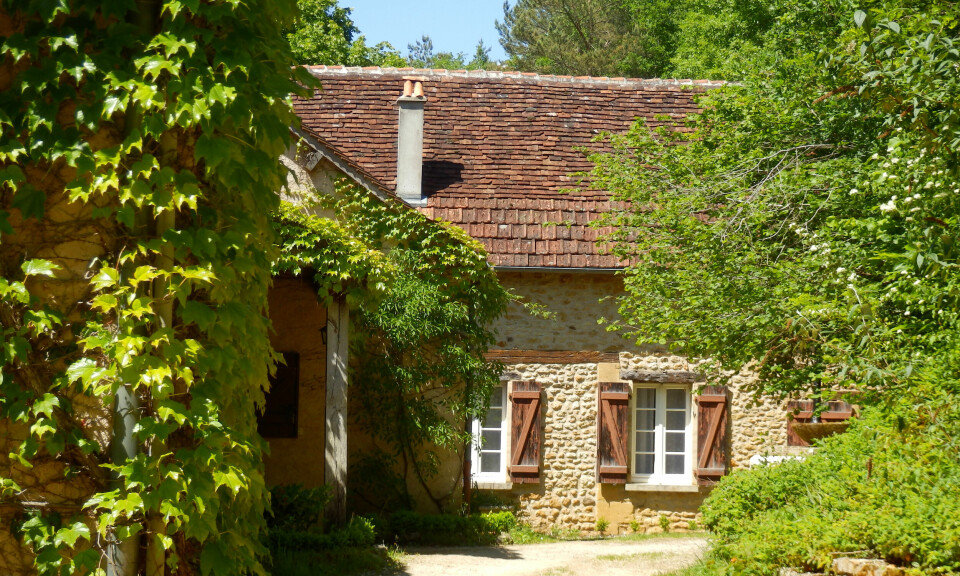How does France’s April Fools’ Day differ from that in UK or US?
It is in schools where we see a real French peculiarity
The classic prank for French children on April Fools' Day is to stick a paper fish on someone's - often a parent's - back
New Africa / Shutterstock
April Fools’ Day is called Poisson d’avril in France and in many ways is similar to what you would see in the US or UK.
Family members often try to prank each other around the breakfast table, in the hope that someone may have forgotten the date. It can also happen at work.
French media, too, would traditionally try to fool readers and viewers with made-up stories.
For example, Le Parisien’s edition of 1st April 1986 told readers that the Eiffel Tower had been sold to Walt Disney Productions.
It was to be dismantled and re-erected on the site of the future Disneyland Paris at Marne-la-Vallée. The move was to make way for a new sports stadium.
You can read about other classic French April 1 stories over the years here.
The number of April Fools’ stories in recent years has decreased in part due to concerns over the spread of fake news on social media.
However, some companies and organisations have made a tradition of April 1 pranks. The Paris metro, RATP, for instance does one every year - in 2025 they have replaced their jingle with improvised interpretations on flute and guitars...
Similarly, Burger King is purportedly serving caviar in its nuggets today in France.
What are the French traditions on April 1?
French primary school pupils have had a longstanding tradition of trying to stick a cut-out paper fish on someone else’s back without them seeing on April 1.
It is usually a prank played between schoolmates, although the teacher or parent is the ultimate target.
The most intelligent will target someone they know will go up and speak in front of the class. That way, the fish gets maximum exposure and mirth.
Likewise, targeting someone sitting in the front row of the class means the rest of the pupils get to see the prank while leaving the teacher unaware.
Tactics vary in terms of how the paper fish is stuck on someone’s back.
Obviously, you can pretend to pat someone on the back and pass it on then. A more risky way would be to put a hook on the fish and attach it to a coat.
The origin of France's April Fool's Day
The origins of this wacky custom date back to when France’s ruler King Charles IX decided that the country’s annual calendar, hitherto varied according to region (Lyon’s year began at Christmas, for example), should be unified and begin each year on January 1.
And thus the Edict of Roussillon, implemented on January 1, 1567, decreed that “The year begins on the 1st day of January.”
In regions where the year formerly began on March 25, in line with the feast of the Annunciation to the Blessed Virgin Mary, celebrations often continued until early April.
Despite the change of calendar year, some people continued to offer gifts at the ‘old’ New Year. But as the tradition weakened, the gifts became less and less extravagant, more jokey and morphed into little practical jokes.
But what is the significance of the fish?
During the pre-Easter austerity period of Carême (Lent), Christians could still eat fish and so real poissons were often offered as gifts – so it seems that pranking a friend with a ‘fake fish’ was the logical alternative once April 1 began to lose its significance.


























